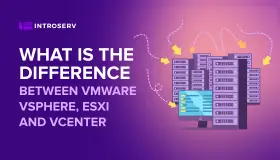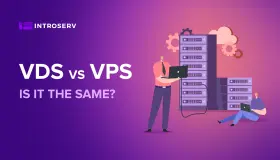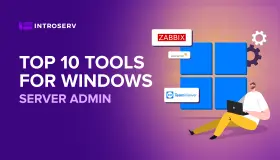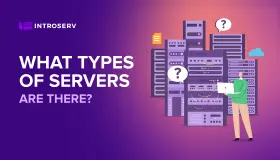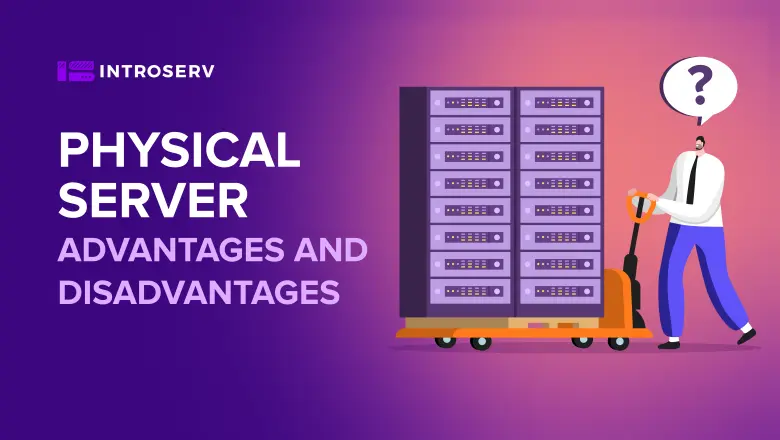
What are the advantages and disadvantages of a physical server?
In an article about the types of servers, we found that at its core servers differ in technical execution and are usually divided into rack, disk and tower. These are physical servers, which are filled with data centers, they stand in special rooms of large companies, as well as those who need additional independent computing resources.
What are the pros and cons of the physical server as a stand-alone "iron"?
First of all, it is worth noting that any type of server is chosen for individual requirements, depending on the tasks - there is a solution, otherwise you can miscalculate and get no significant advantages overpay or get an extra "item of expenditure" with unreasonably high costs. It is also worth remembering that in addition to the classic proposals, there is always the possibility of picking configurations for specific needs of the customer. It is better not to rush, and always consult with experts.
So, a server in the form of a physical "machine" or "iron" has these advantages:
- Full independence and confidentiality of data. No one except the owner or company specialists can not disable the server or gain access to it.
- Problem resolution on site. In case of any troubles with functioning you can correct the situation without leaving the server. Manual restart or any other required action is performed without calling the support service or using remote access, as in the case of a dedicated and virtual server.
- Optimal amount of power. By calculating the required costs, extra servers can be shut down or taken up by other work.
- Maximum protection against hacking or unauthorized access. In an emergency situation the server can be simply disconnected from the network.
- Individual architecture for communication between computers and office or production equipment. It is always possible to rebuild local networks without any hassle.
- Use of own software or developments that you do not want to "shine" anywhere else.
- Quickly isolate point problems.
If there's a problem with one section of servers, you can redistribute capacity while it's being repaired. Despite the significant advantage in the form of complete autonomy and full ownership of the physical media, these servers have a number of significant drawbacks. Among them:
- Requires a separate room with a special climate. To make the server fault-tolerant "iron" should be maintained in optimum condition - temperature and humidity of the room should be within acceptable limits.
- Maintenance costs. The server requires a separate technical support. First of all, this line of uninterruptible power supply, ventilation and cooling system.
- The work of specialists. Configures and maintain in working order servers, system administrators and programmers. They also quickly troubleshoot problems or re-staffing of equipment and network communications.
- Increasing the cost item. Purchase, configuration, maintenance, additional staff - all this increases the material and financial costs.
Some exception may be tower servers, which you can configure yourself, but you need to be an expert. Also, they usually have not a complete set, so the owner can get the necessary components to your needs. Therefore, this solution is most often used in IT startups. Support costs here are less, but still require additional investments.
For whom does it make sense to buy servers of this class?

The decision in favor of a set in the form of physical "machines" is made if you definitely need:
- Complete autonomy of equipment operation.
- Data privacy.
- Independence of the local network.
- Large capacity with the ability to quickly redistribute.
- Manual access to server management.
- Work with unique software.
- Emergency shutdown or quick restart of the server.
For this you will need:
- Additional space or room.
- A separate power and climate line.
- Specialist work.
- Another expense item.
To summarize, this is the choice favored by large companies that find it safer to rely on their own facilities in the form of tangible equipment, albeit with additional costs. On the other hand, this solution is not always required, because there are other options and options for selecting a server for the business.
What is the difference between a dedicated server, the virtual and cloud, we will consider in the next article.




